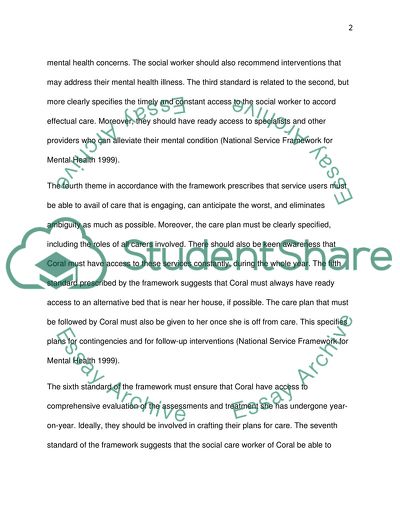Cite this document
(Themes and Theories for Service Users and Social Work Practise Essay, n.d.)
Themes and Theories for Service Users and Social Work Practise Essay. Retrieved from https://studentshare.org/social-science/1746970-themes-and-theories-relating-to-service-users-and-social-worker-practice-in-a-chosen-scenario
Themes and Theories for Service Users and Social Work Practise Essay. Retrieved from https://studentshare.org/social-science/1746970-themes-and-theories-relating-to-service-users-and-social-worker-practice-in-a-chosen-scenario
(Themes and Theories for Service Users and Social Work Practise Essay)
Themes and Theories for Service Users and Social Work Practise Essay. https://studentshare.org/social-science/1746970-themes-and-theories-relating-to-service-users-and-social-worker-practice-in-a-chosen-scenario.
Themes and Theories for Service Users and Social Work Practise Essay. https://studentshare.org/social-science/1746970-themes-and-theories-relating-to-service-users-and-social-worker-practice-in-a-chosen-scenario.
“Themes and Theories for Service Users and Social Work Practise Essay”. https://studentshare.org/social-science/1746970-themes-and-theories-relating-to-service-users-and-social-worker-practice-in-a-chosen-scenario.


